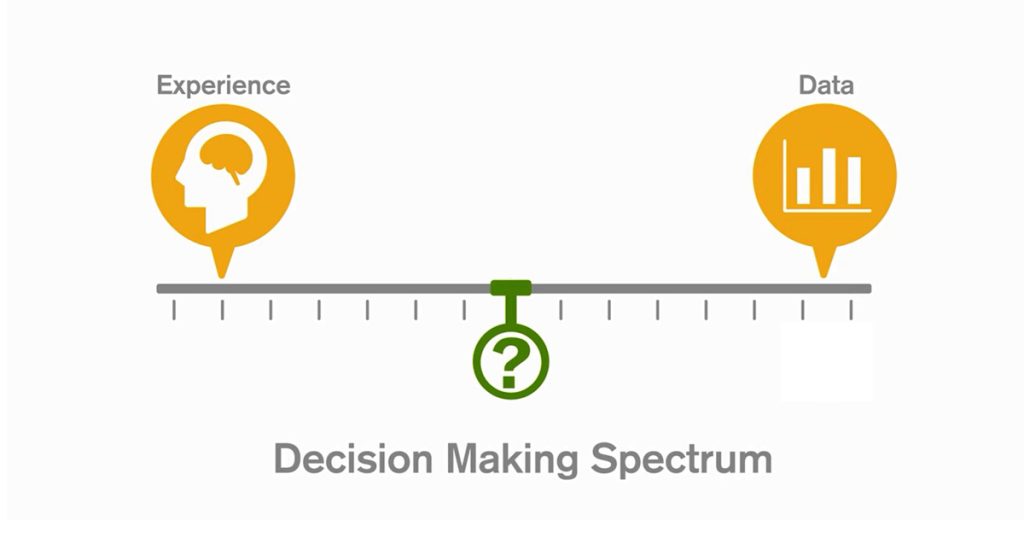“Data puts our experiences to context giving us a metric of measurement for our interventions but never tells the whole story.”
When being trained as a pharmacist, the critical bit of my training was to always find a way to rely on the data. It was given that with data which in most cases in the scientific realm consists of quantifiable metrics which give us an insight of the subject under consideration. This in some way became my level of existence, working with numbers, scientific findings and provisions which in one way or the other has always been deciphered by others but used to fuel a common narrative. In no way am I trying to say that the data isn’t of value. It definitely is of importance to rely on that data in our decision making but it shouldn’t be all that we see. Data is an additional metric to the story that puts it to context. We need to see the entire story in entirety, put it to context and see the entire value-chain and it’s implication.
I’ve had a moment to finish reading Build Brilliant Brands by Facebook that I have been on with in the last week. In the last section, I got intrigued especially by the fact that often than not we claim to work with the data but in reality, it’s the data that guides us rather than us looking at the data and put it to context of what they are doing. This is an important feature. I took time to reflect on it in line with my practice and realized that there is more to the data than meets the eye. Whenever a human factor is involved, there is always a sentimental and emotional bit to our experiences. With emotional human attributes which can never be quantified then it means we have to find a way for the data to make sense in the scope of what we have to contend with and act upon.
As I read the book I realized that as a people, we need more sociologists than other faculties to help us understand and respond to the diverse nature of men. It’s upon us to get to understand the story behind human attributes and the choices they make in life. They may try to be rational but never get to the root of it. However much we try, unless we get to acknowledge and understand our humanity in all that we do, collect data to inform us of the implication of these and the future of our work then we will never win. It’s important to get informed by the data and not be driven by data on the same account that when you let a headless chicken run around, it’ll never know where to go.
In my practice, I have come to meet patients who may never comply to their medication even though they wish they could, pushed to the end by their circumstances and failing to take care of themselves. This is the cost especially when the poor are faced with disease but instead of seeking care, cope with it. At the end they may never get to their initial status of recovery to continue with their daily lives. This poses a risk to the doctor who my never know what the challenge is with the patient as such concerns will never be featured in any data. Having an understanding of the patient situation gives us an advantage to respond better, improve their outcomes and ensure they achieve the best possible outcomes. This is one of the most feasible ideas and innovative approaches to ensure we create value for them as informed by evidence and guided by human experiences.
“May data not make you blind to the world and it’s humanly attributes something very critical in the face of COVID-19.”

